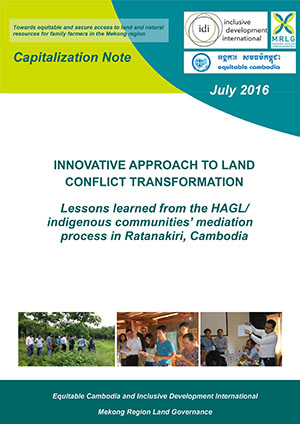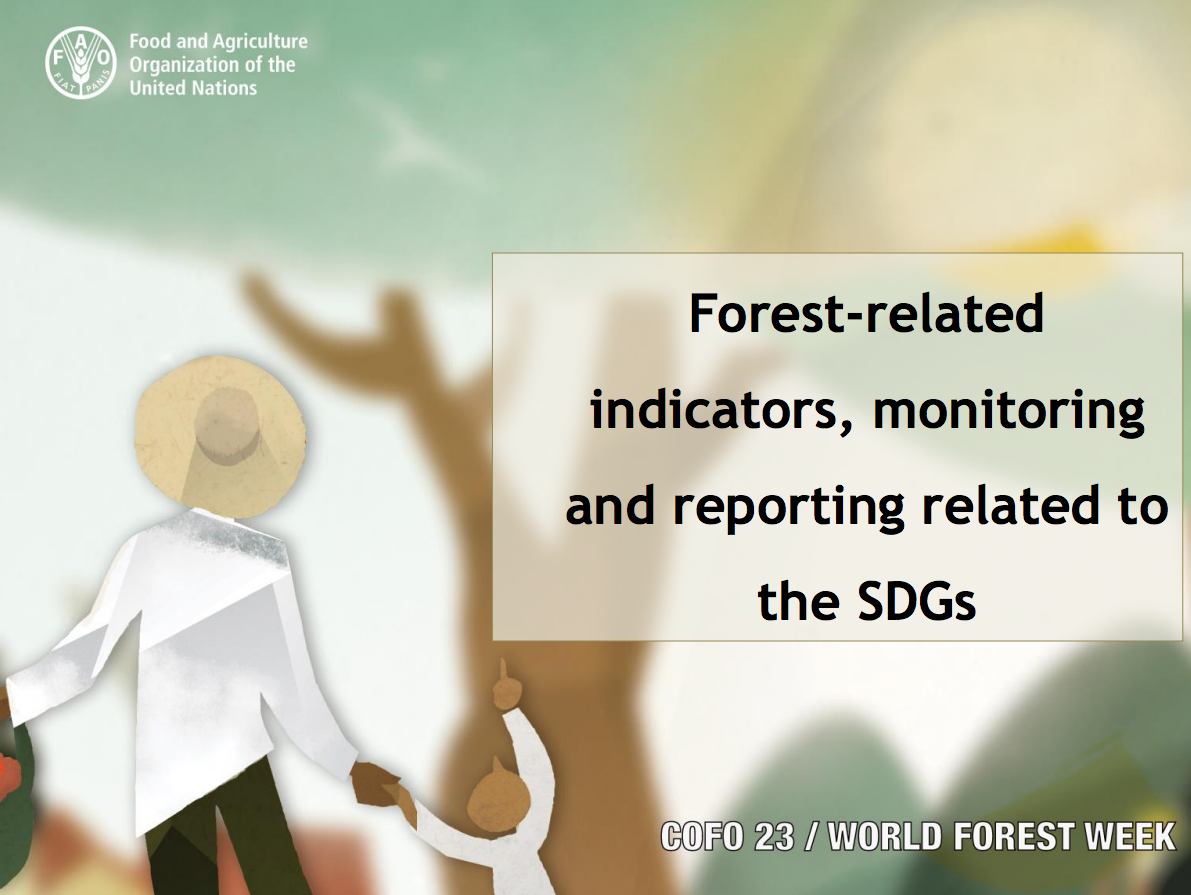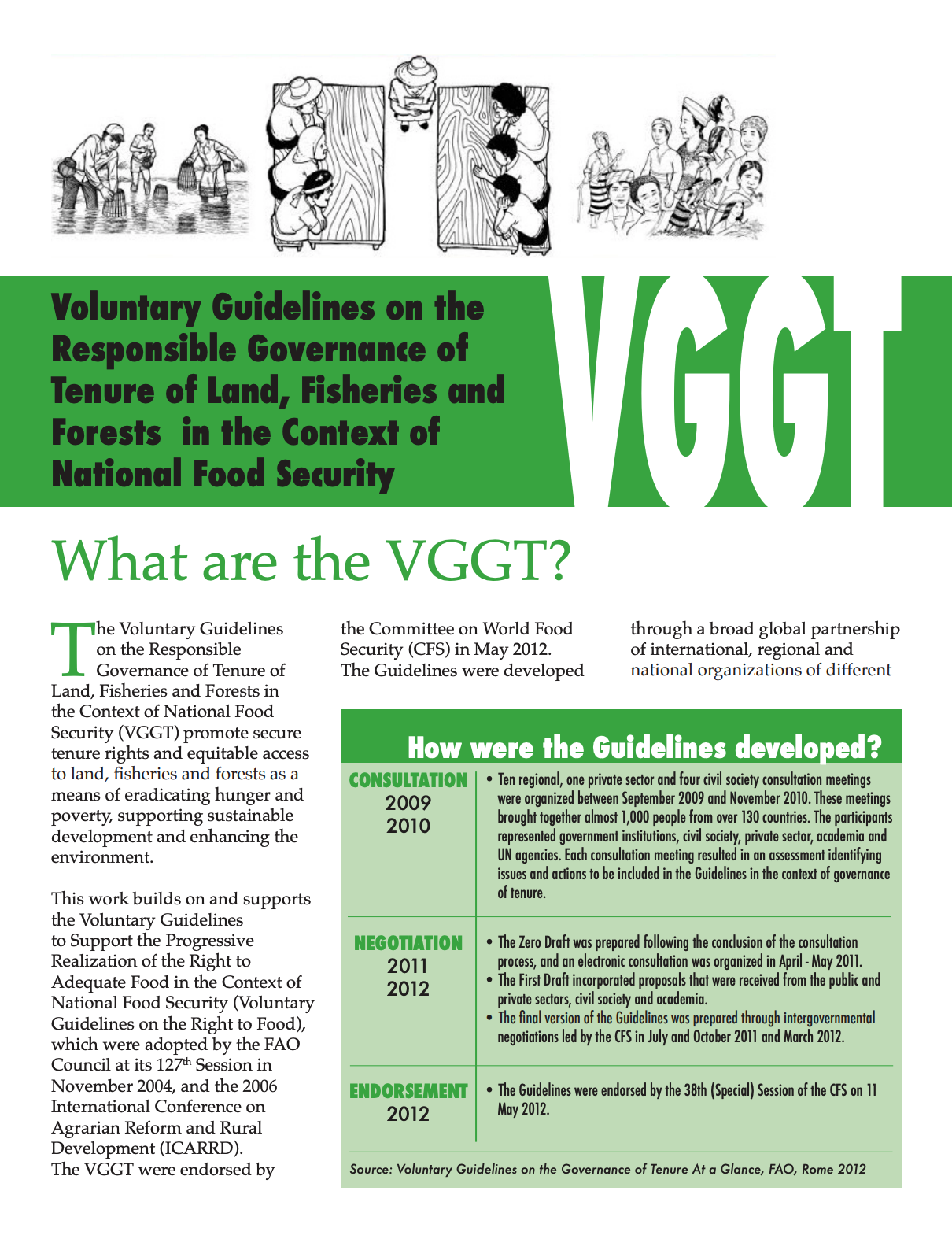Innovative Approach to Land Conflict Transformation: Lessons Learned From the HAGL/Indigenous Communities’ Mediation Process in Ratanakiri, Cambodia
In the Mekong region, conflicts between local communities and large scale land concessions are widespread. They are often difficult to solve. In Cambodia, an innovative approach to conflict resolution was tested in a case involving a private company, Hoang Anh Gia Lai (HAGL), and several indigenous communities who lost some of their customary lands and forests when the company obtained a concession to grow rubber in the Province of Ratanakiri. The approach was developed by CSOs Equitable Cambodia (EC) and Inclusive Development International (IDI) with the support of QDF funding from MRLG.





